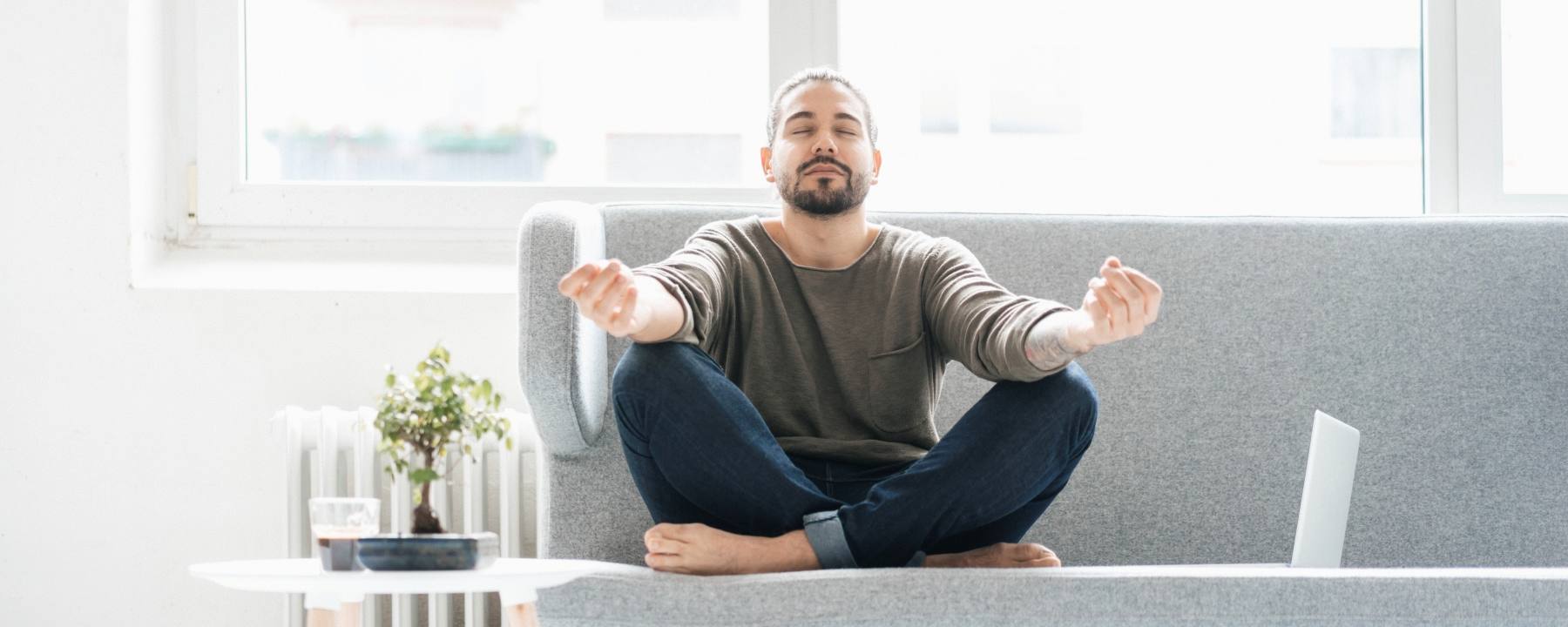
Hair and scalp
Stress factors for hair
Sometimes it’s like you're just jinxed. You do everything you can to look good, you have a hairstyle you want to try, but you know straight away that it will be too much for your hair.
Looking good, feeling good – a basic need for many people, which they will do a great deal to achieve. Even though we have emphasized in some of our articles that beauty comes from within, there are, of course, one or two “external” tricks that can have a huge impact on your appearance.
This also includes, of course, the many options in hair care and hair styling. Here, as in so many things in life, the motto "you can have too much of a good thing" applies. Unfortunately, "much" and "often" usually translates into "too much" or "unhealthy". But if you know what to keep an eye on in order to keep your hair healthy, it will not be hard for you to carry on looking and feeling good.
To keep your hair looking healthy and voluminous, it is important to care for and protect the outer layer (the cuticle) and the fibrous layer (the cortex). Stress factors must be minimized. To be fair, our hair is exposed to quite a number of these factors.
Pollution
Especially in recent times, there has been a strong focus on environmental influences. Pollution is the key word. In an interview with BASF Personal Care, Dr. Philipp-Dormsten, a dermatologist and anti-pollution expert, spoke about the effects of the environment on skin health. Hairs, the skin’s appendages, also feel these influences and effects.
Aside from well-known factors such as air and environmental pollution caused by car exhaust fumes, industrial emissions and dust, UV light and extreme temperatures also have an effect. They can damage healthy hair and/or exacerbate existing hair issues.
Protect your hair by letting it dry naturally rather than reaching for the hair dryer. If you are going to use a hair dryer, set the temperature to low or medium to avoid the extreme heat typical of modern devices. After all, very high temperatures can lead to hair damage.
To enable you to focus on caring for and enhancing your health of your hair the next time you go shopping for hair products, we’ve put together a shortlist of things to watch out for. A to-do list for you that highlights several things that can damage your hair.
External and environmental influences
Add salt water to the external influences already mentioned above. On your next seaside vacation, remember to take a shower when you come out of the ocean, to rinse out the salt water. You probably guessed it: make sure the water temperature is right. Better too cold than too hot. Lukewarm is tolerable, isn't it?
Now let's discuss the influences that we can all manage, so to speak, through our own actions, whether it's through the way we use products or the frequency of use for our own personal styling.
Mechanical influences or application influences
The use of styling tools such as straighteners, hood dryers, curling irons, hair dryers, combs and brushes causes stress to the head if used too much or wrongly. Whether it’s the heat of the thermal devices, or a comb and brush that is too coarse or stiff: these place excess stress on the surface of your hair and damages it. The hair loses its tension and becomes coarse or brittle. However, you don't have to throw these things away. Firstly, if you stop and think about it, do you really need these applications every day? Secondly, there are special heat protectants for the hair, which you should definitely apply beforehand.
Hair and scalp care
Holistic care means maintaining a healthy scalp while keeping the hair full, soft and supple. Optimum haircare is only possible if it is geared toward individual hair types.
More informationOne more habit, that well-known toweling your hair dry should be avoided as much as possible. Are you another one of those people who step out of the shower and towel their hair dry in the bathroom like crazy? Please, do not do this. Give up the wild towel waving. Your hair, especially its outer sheath and structure, will really thank you. Be gentle with your magnificent head of hair.
Constantly scrunching and twirling the hair is also bad for it. Whether it’s nervousness or because it feels good, too much of it is too much.
There are also hairstyles that look great, give you confidence, but do demand a lot of your hair. A ponytail, bun, curls, etc. looks damn good, no question. Still, when styling your hair, be sure that braids are not tied too tightly and that hair ties or hairbands do not crush or squeeze your hair. This is a disaster for the cuticle. And your hair should already be dry when you’re arranging it to look nice. Moisture makes hair more susceptible to damage.
And if your hair gets tangled, for whatever reason, be careful. Untangle your hair carefully and gently. You want to untangle your hair, not end up with clumps of hair in your hands.
Strictly speaking, the next section is not really about a hair styling application, but we would still like to mention it. Who would have thought that your choice of pillowcase could affect the condition of your hair? If the fabric is too hard or too coarse, it can stress the outer sheath of the hair during the night, causing it to turn rough and damaging the structure. Smooth, silky covers are gentler on hair. Less friction means less hair stress.
Cosmetic and chemical influences
Some styles require the use of cosmetics and treatments. Dyeing, bleaching, perms are some examples. Maybe you’re a brunette and you’ve taken the odd trip to the blond side of life? Then you will probably have noticed how harsh such treatments can be. This is definitely not healthy for your hair. Damage is inevitable if the hair is treated this way too often. For this reason, the frequency of use of these agents should be limited, and preferably performed by a hair stylist you can trust.
We just talked about your approaching vacation by the ocean. If you aren't the “ocean swimmer” type and prefer to swim laps in the hotel pool, we should point out that chlorine is another substance that can affect hair badly. Taking a shower afterwards is recommended in this case too. But you probably already thought of that, right?
Other stress factors
Many people probably don't think much about it, but styling equipment should and must be cleaned from time to time. Dandruff, gel, wax – all the residues that linger on combs and brushes and then end up back on your head. To protect your hair, you need to make sure you clean all of your equipment regularly.
Other factors that can affect hair include nutrition, health, tension and stress. We will definitely explore some of these issues in more detail at some point.
With all these things to look out for, one thing remains certain: Do what makes you feel good, what makes you smile and laugh. And always keep the right dosage in mind, because in hair care, as in so many areas of life, "You can have too much of a good thing."

